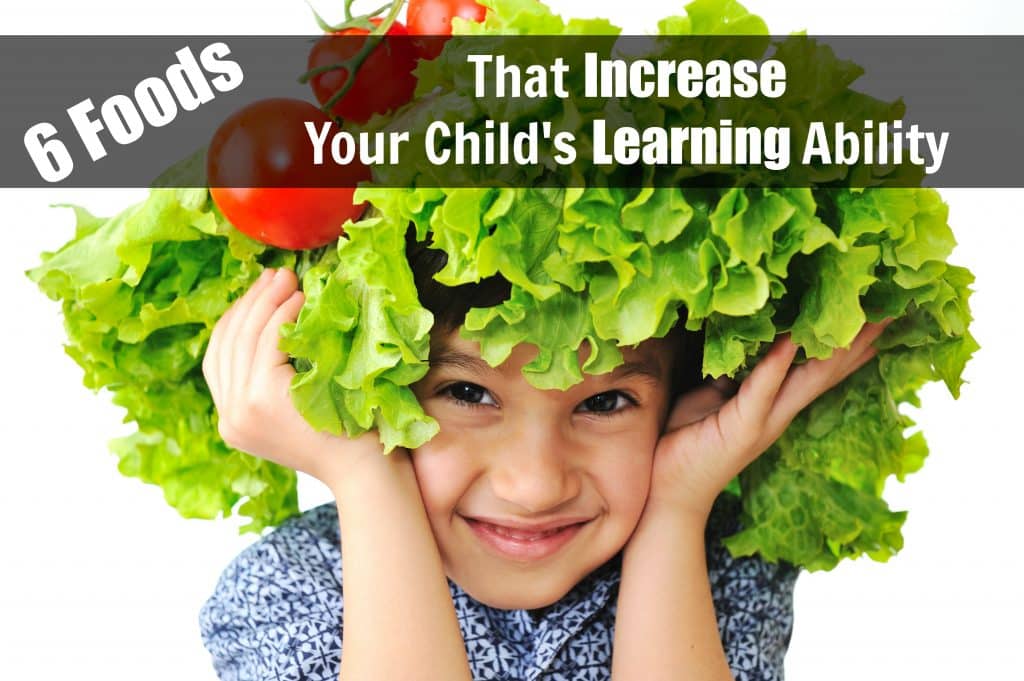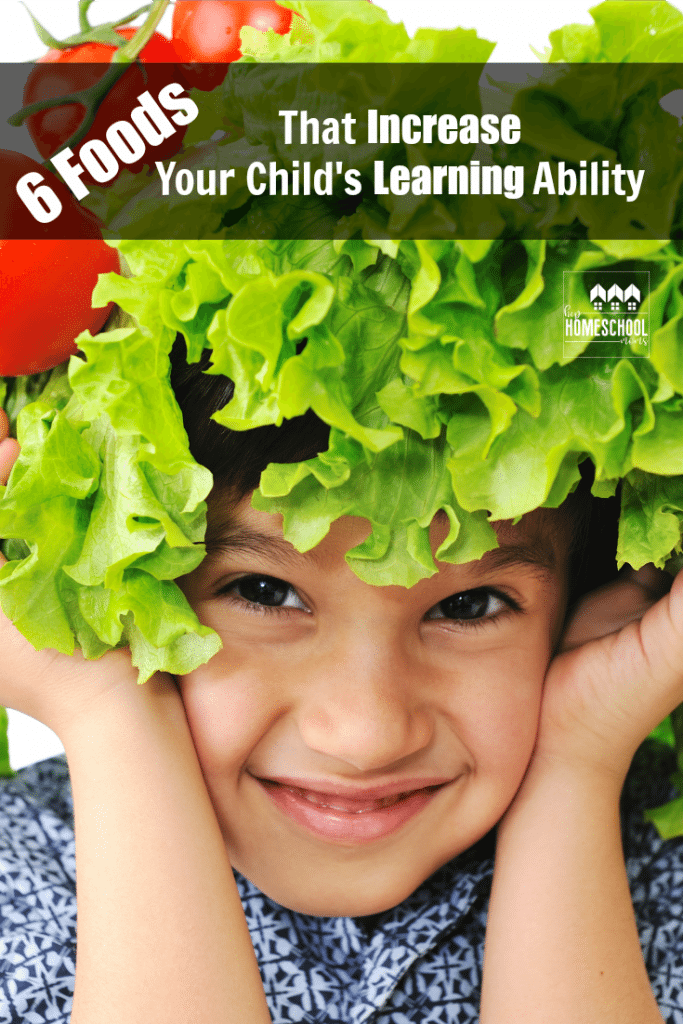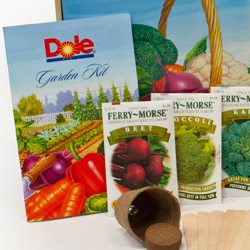6 Foods That Increase Your Child’s Learning Ability
Summer is drawing to a close, and many of us are getting ready for a new school year. I’m always so excited to pick out new books, try out a new curriculum or two, and get started on a new year.

It’s obviously important to be prepared for the new school year, but what about making sure our children’s brains are prepared for learning?
This may sound strange to some and something that many parents never think about, but what our kids put in their mouths directly affects how they learn.
What you don’t want your children to eat:
- poptarts
- streusels
- donuts
- sugary cereals
- These foods will not provide fuel for the brain for learning. These sugary foods are void of nutrients and will make your children feel tired and sluggish–not just physically, but mentally as well.
What you do want your children to eat:
- oatmeal
- whole brain pancakes
- muffins sweetened with raw honey
- eggs and toast
These homemade foods, as opposed to quick processed foods, will make make a big difference in how their brains develop and how well they learn! In fact, eggs are a great source of choline, which is a neurotransmitter that helps us remember things.
The same thing goes for the others meals as well. Feeding your kids homemade foods rather than quick processed foods will make a big difference in how their brains develop and how well they learn.
And while it matters what your children eat at the beginning of the day, it’s important to make sure they eat well for the rest of the day too! An overall healthy whole foods diet is good for the brain. Here I’ll list 6 foods that increase your child’s learning ability. These foods are especially good for helping the brain develop and function correctly.
What you do want your children to eat:
Leafy Green Vegetables
Leafy green vegetables as well as any brightly-colored vegetables are high in vitamin K, lutein, and beta-carotene. These nutrients encourage a healthy functioning brain. If you think you can’t get your children to eat leafy green vegetables, take a look at this article. It shares some great ideas for sneaking them into foods your children probably already eat.
Nuts
Nuts in general are good for the brain, but walnuts are especially good because of their high omega-3, vitamin E, antioxidants, melatonin, and folate content, all of which support brain health. My homemade granola cereal recipe can be made with any kind of nut that your family enjoys. And here is an article sharing 5 ways to eat peanuts, but you can substitute other nuts if you’d rather.
Wild Caught Salmon
DHA is an important fat found in the human brain, and salmon is loaded with it. Another option for getting this nutritional benefit is to take a fish oil supplement.
Blueberries
Blueberries have flavonoids that can improve learning, memory, and reasoning skills.
Avocado
Avocados protect the nerve cells in the brain that carry information. Our favorite way to eat this food is by making guacamole. We scoop the insides out of 2 avocados and mash them with a fork. We add 2 cloves of garlic, sea salt, tomatoes, and a few squirts of lemon juice. Mix well and serve with chips or raw veggies cut into strips. It’s very easy to make and so very healthy for you!
Coconut Oil
Coconut oil is one of the best fuels for brain function. The medium chain triglycerides and ketones in coconut oil can immediately improve the memory and functioning of the brain. Make sure to buy cold-pressed, unrefined coconut oil for the most benefit. I like to add this oil to oatmeal and smoothies for an easy way to get it into my girls’ diet.
Do you have tips or ideas for helping children learn to eat these healthy foods? If so, we would love to hear from you in the comments!
Sources:









